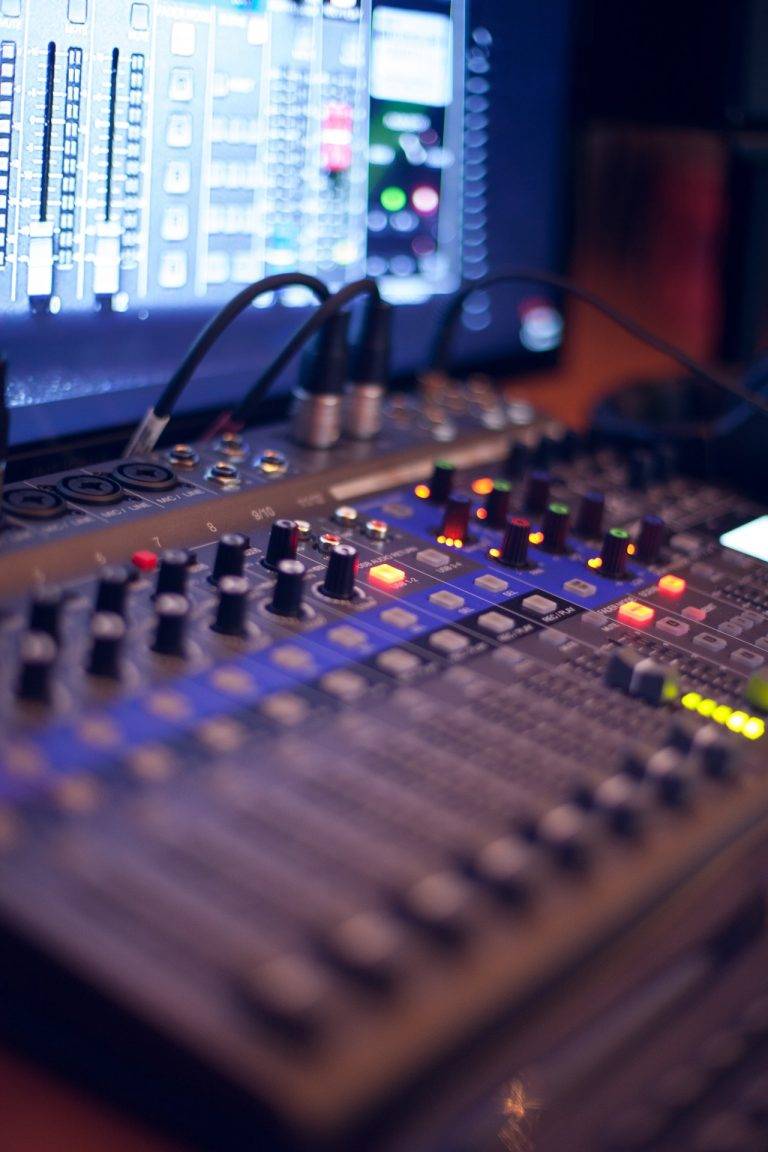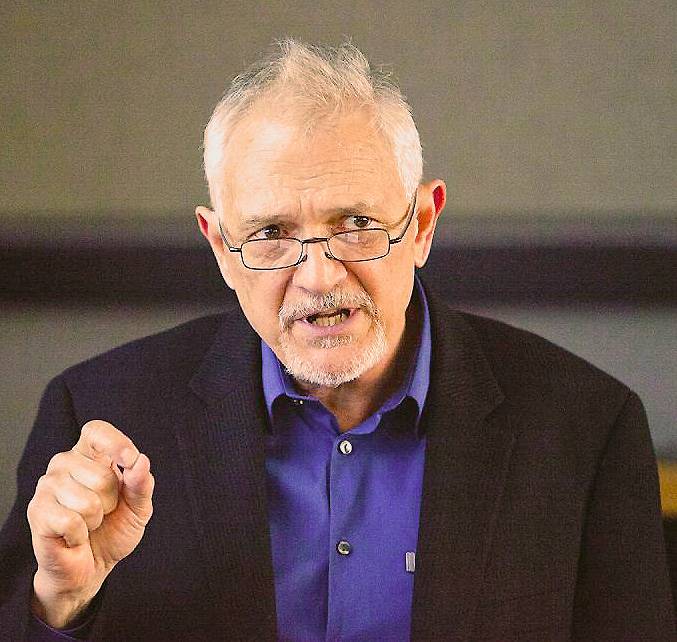HEARING LOSS TREATMENT
Understanding the full potential of children born with hearing loss and how to achieve such potential
CONTEXT
In the United States, 98% of newborns are screened for hearing loss before they leave the hospital, and diagnosis of hearing loss can occur promptly afterwards. Infants diagnosed with hearing loss can then be fitted with digital hearing aids within the first weeks of life, and those who are candidates for cochlear implants are routinely implanted at 12 months of age or earlier. Despite an ever-increasing proportion of children with hearing loss receiving early intervention there is a good deal of variation in language and literacy outcomes with significant numbers of children failing to obtain adequate skills in these domains. Limitations on literacy development result in negative socio-emotional, economic and educational consequences. We believe that there is an acute need to leverage innovative neurocognitive approaches with new tools from developmental neuroscience and speech science to develop partnerships to the goal of improving outcomes for these children.
A child identified with hearing loss at birth, fitted with advanced hearing technology within the first weeks of life and whose family receives access to early intervention services, can thus acquire listening and spoken language abilities and achieve outstanding literacy skills. While timely and appropriate treatment with a hearing device and/or specialized education shows extraordinary results to close the gap between hearing deficient children and children with normal hearing abilities, lack of detection and/or treatment of hearing loss causes life-long disabilities. Untreated hearing impairment often leads to depression, loneliness and social isolation, particularly among youth. Hearing impaired people also tend to be over represented in low responsibility and low pay jobs and suffer from greater unemployment than the general population. The average income of hearing-impaired people is 25% below that of people with normal hearing.


OBJECTIVES
Determining what is achievable and how to achieve it for children born with hearing loss. This broad objective requires the identification of limitations of neurocognitive development in order to develop individualized and targeted programs to optimize instruction and maximize benefits. This project synthesizes decades of research expertise and experience of Haskins Laboratories on brain, language and literacy and technological development to provide insight into the diagnosis and treatment of children with hearing loss. This project thus aims at:
- Objective 1: Short-term - Ensuring that listening and spoken language interventions (i.e., audiology, auditory-verbal therapy, early education, etc.) are designed to most effectively support hearing-impaired children to acquire age-appropriate abilities and to develop grade level literacy skills.
- Objective 2: Long-term - Improving clinical practices by leveraging innovative neurocognitive approaches with new tools from developmental neuroscience and speech science
ACTIVITIES
- Objective 1
- Activity 1: Identifying the brain function factors associated with success in language and literacy acquisition in elementary-age children (i.e. 7-11 years old) with cochlear implants.
- Activity 2: Assessing neurocognitive changes from the pre-implantation stage through early school
- Objective 2
- Activity 3: Training educators and practitioners in state-of-the-art neurocognitive methods to facilitate diagnosis of hearing impairment.
- Activity 4: Developing adaptive EdTech tools and technologies for hearing-impaired children.
- Activity 5: Engaging outreach to treatment providers to demonstrate efficiency of neurocognitive-based treatment in both preschool and school aged children.

Partners

Hearts for Hearing
Hearts for Hearing was established in 2003 to provide funding for the initial set of hearing aids for children with hearing loss in Oklahoma. In 2007, the mission was expanded to become a comprehensive hearing health program for both children and adults, offering auditory-verbal therapy. In 2013, to meet the growing demand for adult hearing healthcare, the mission expanded again to open a clinic specifically designed for adults.




